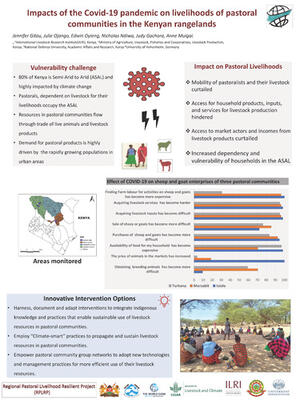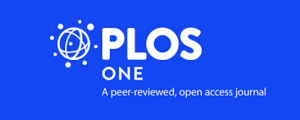
Household livelihood strategies and livestock benefits dependence in Gaza province of Mozambique
Abstract
Livestock provide substantial contribution to the wellbeing of many rural dwellers. However, the level of livestock use and the degree of reliance on benefits derived from livestock differs across households. The factors that condition households reliance on a particular economic activity in general and on benefits of livestock in particular way, may vary depending on the resource endowment of the household, the household's demographic and economic characteristics, and exogenous factor such as markets, prices and technologies. This paper identifies factors that condition household's livelihood strategy choice with a particular focus on agro-pastoralist production system in areas of high level risks associated with climatic change. For this, livelihood approach as a framework of analysis will be used. Livestock augmented household income data were collected from 110 sample households in Gaza province of Mozambique. On the basis of the share of livestock income in total household income, the studied households were clustered into distinct livelihood strategies. Student's t-test and ANOVA were used to test income differences among the clusters. Multinomial logit (MNL) regression on asset-based explanatory variables was run to identify main factors determining households' livelihood strategy choice and livestock benefits dependence. As expected, the analysis indicate how differential access to, or endowment of, livelihood assets determines the choice of a household's strategy in the climatic change context and the risks profiles associated with agro-pastoralist. Finally, the paper prescribes policy in relation to asset-poor households and their engagement on activities with higher economic return.
Citation
Ng'ang'a, S.K., Steeg, J. van der, Notenbaert, A., Moyo, S., Herrero, M. 2011. Household livelihood strategies and livestock benefits dependence in Gaza province of Mozambique. African Journal of Agricultural Research 6(3): 560-572










